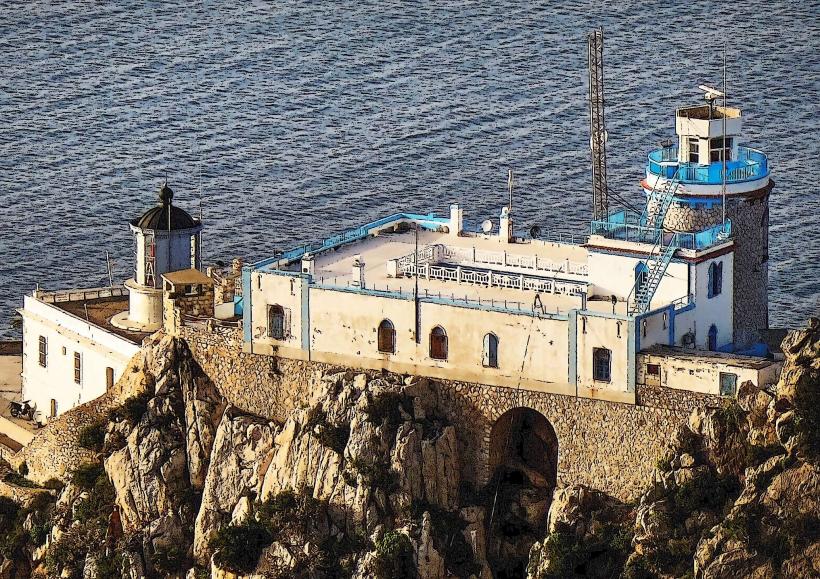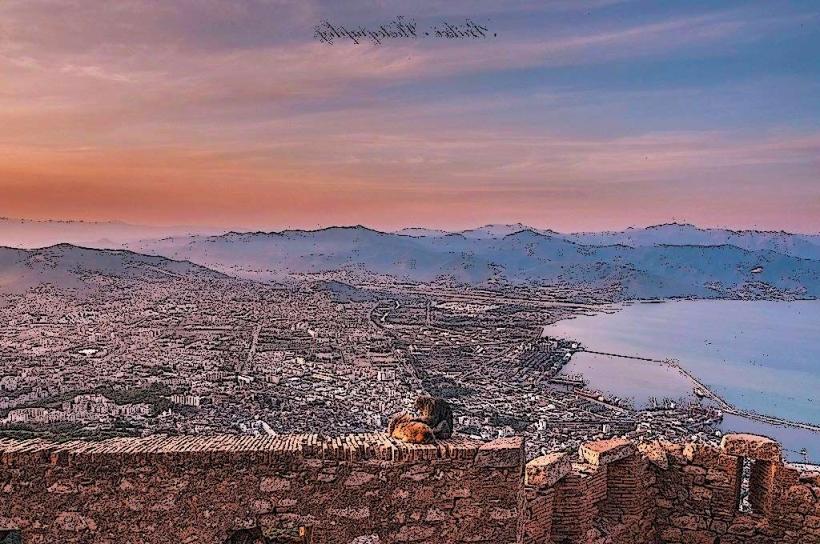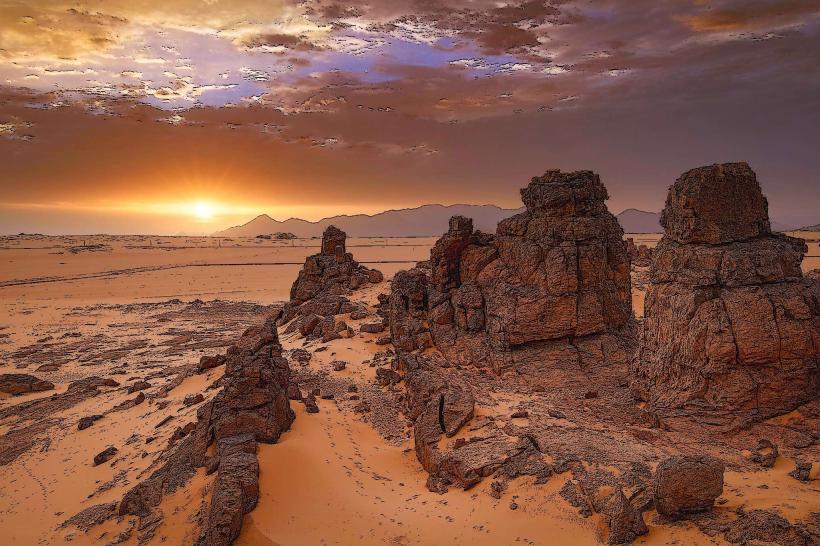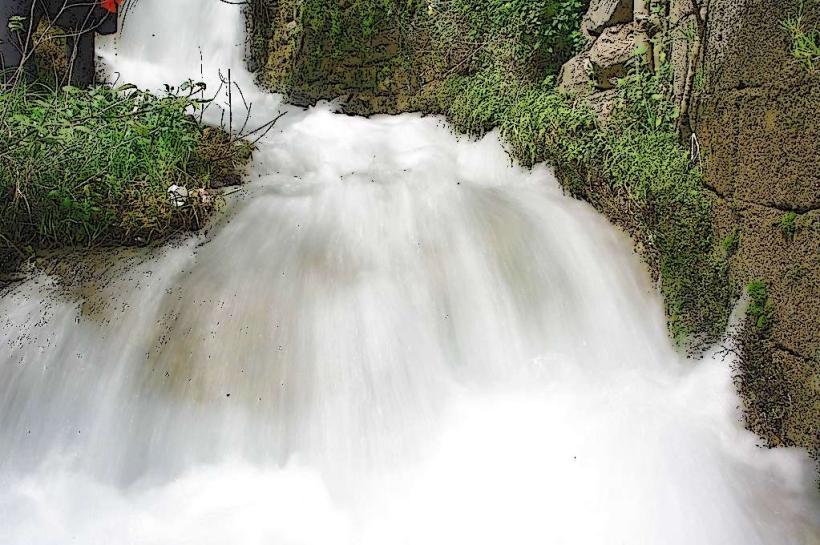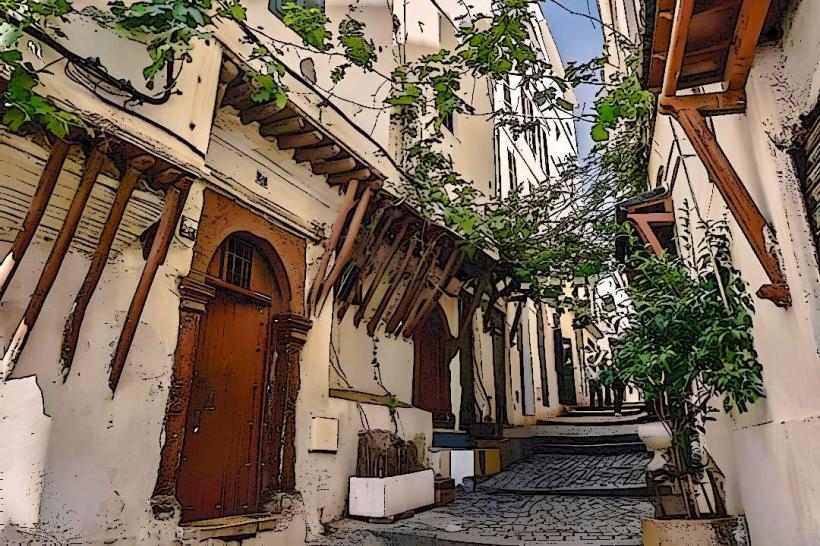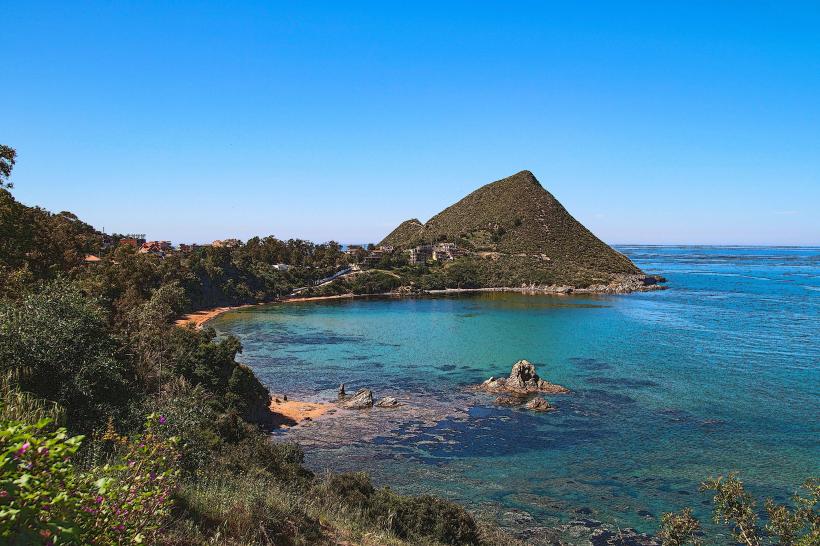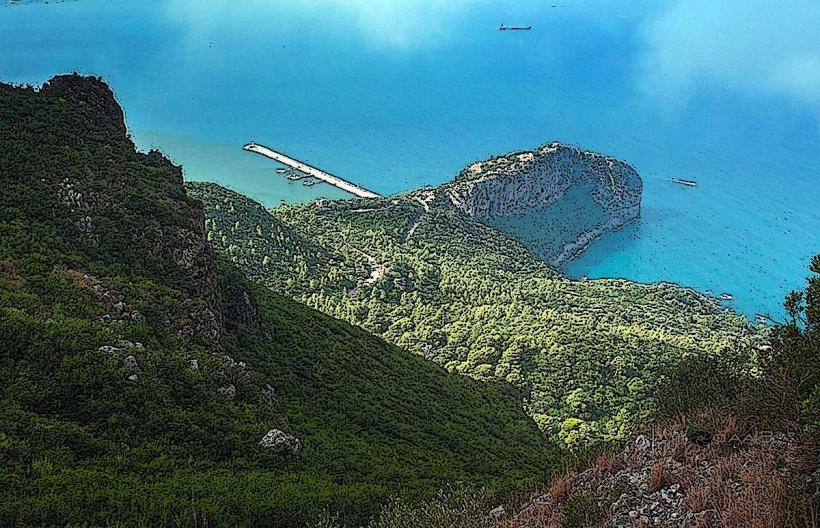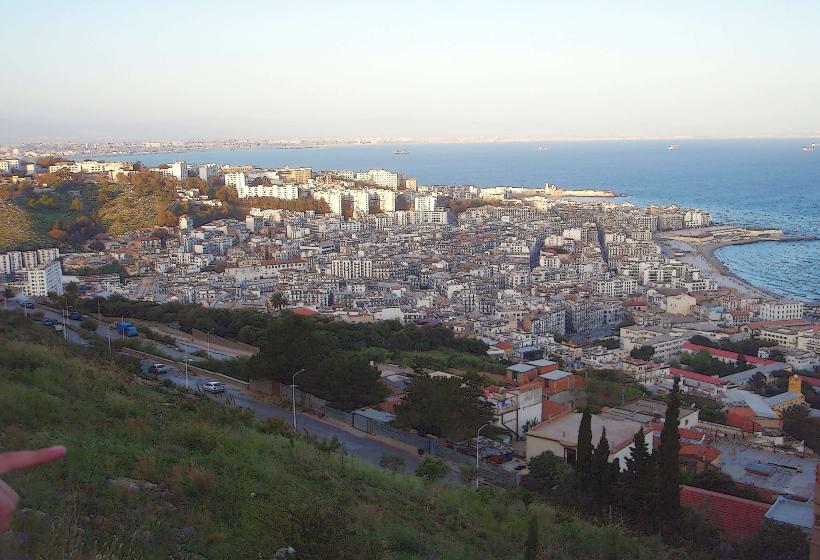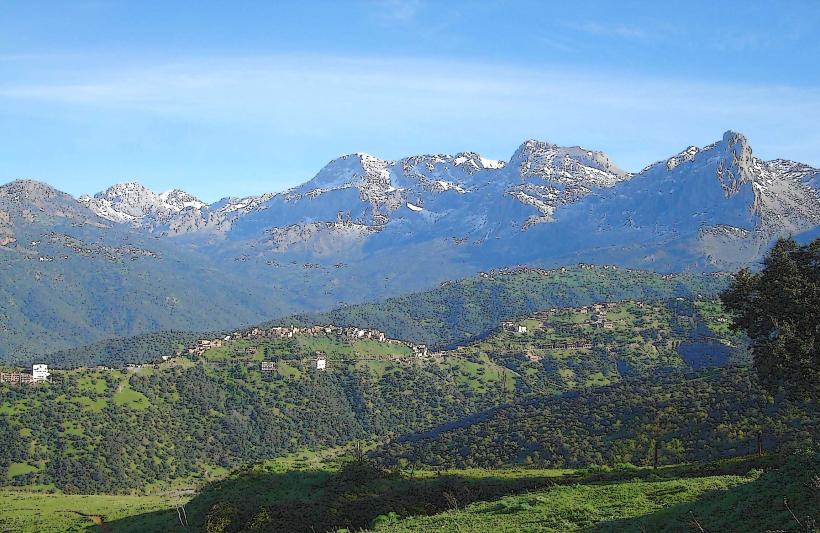Information
City: BejaiaCountry: Algeria
Continent: Africa
Bejaia, Algeria, Africa
Béjaïa functions as the primary maritime and logistical pivot of the Kabylie region in northern Algeria. Situated on the Gulf of Béjaïa, it serves as a specialized node for hydrocarbon export, agri-food processing, and Mediterranean tourism. In January 2026, the city is defined by a state of monumental logistical expansion as it integrates new high-capacity rail assets and hosts international technical summits.
Historical Timeline
11th Century: Founded as En-Nasiria by the Hammadid dynasty; specialized as a premier Mediterranean center of science and culture.
1833: Occupied by French forces; transformed into a strategic military and commercial port.
2026 (Jan 18): Railway Strategic Pivot. The government confirmed Béjaïa as a priority node for the 2026 National Rail Expansion, aimed at streamlining freight flows between the port and the industrial interior.
2026 (Jan 21): AI & Data Summit. The city hosted the International Conference on Machine Learning and Chat GPT (ICMLCG), signaling its transition into a specialized digital research hub.
2026 (Jan 22): Biotechnology Milestone. The International Conference on Microbiology and Biotechnology (ICMB) convened in the city, focusing on specialized industrial applications for the local food sector.
Demographics & Population
The metropolitan population is approximately 202,000 (2026 estimate), with the wider province exceeding 1 million. The demographic is characterized by a high-fidelity Amazigh (Berber) identity, specifically the Kabyle culture. In 2026, Béjaïa remains a high-density academic center, with the University of Abderrahmane Mira hosting over 45,000 students across specialized engineering and life science faculties.
Urban Layout & Key Districts
The Port & Industrial Zone: A specialized maritime node; features one of the Mediterranean's largest oil terminals and the primary export point for Algerian cork and petroleum.
The Medina (Old City): The specialized historical core; characterized by narrow winding streets, the Casbah, and the Roman-era "Gate of Saracens."
The Plateau: The specialized modern administrative core; features colonial-era boulevards, government offices, and the "Place Gueydon."
Ihsaddene: A high-density residential and commercial growth node to the south; serves as the primary urban extension for the city's expanding middle class.
Boulimat: A specialized coastal district to the west; the primary node for high-value seasonal tourism and Mediterranean summer residences.
Top City Landmarks
Cap Carbon: A specialized coastal landmark featuring one of the world's highest lighthouses (220m); provides the primary tactical view of the Gulf of Béjaïa.
Pic des Singes (Monkey Peak): A specialized ecological node within Gouraya National Park; known for its high-density population of wild Barbary macaques.
Gouraya National Park: A specialized UNESCO-listed biosphere; protects the dramatic karst landscapes and Mediterranean forests surrounding the city.
The Casbah of Béjaïa: A specialized 12th-century fortification; recently restored to serve as the city’s primary historical and museum node.
Yemma Gouraya: A specialized spiritual landmark perched atop a 660-meter peak; dedicated to the city's patron saint and providing 360-degree panoramic fidelity.
Transportation & 2026 Logistics
Béjaïa Port: A specialized multimodal hub; in 2026, it is undergoing a structural transition to increase container throughput and mineral export capacity.
Railway Network: As of January 2026, the SNTF is prioritizing the Béjaïa–Beni Mansour line for modernization to connect the port to the national High Plateau rail spine.
Abane Ramdane Airport (BJA): A specialized domestic and international gateway; currently managing a 12% increase in regional arrivals linked to the January 2026 scientific conferences.
Urban Transit: The city's topography requires a specialized mix of cable cars and high-density bus routes; plans for a tramway remain in the long-term feasibility phase for 2026.
Safety & Environment
The general safety level is Medium-High. Warning: Authorities maintain specialized security protocols in the Kabylie mountains for national stability. Environmental Note: As of January 2026, Béjaïa is a high-priority node for "Coastal Erosion Mitigation," with local engineering teams deploying specialized sensor arrays to monitor the impact of rising sea levels on the city's historic waterfront.
Local Cost Index (2026 Estimates)
1 Night (Secure Business Hotel): DZD 8,500 – 15,000 (~$60 – $110)
Traditional "Couscous Kabyle" Meal: DZD 700 – 1,300
Median Monthly Rent (2-BR Apartment): DZD 30,000 – 50,000
Standard Taxi (Port to Downtown): DZD 400 – 800
1L Gasoline: DZD 47.00
Facts & Legends
Béjaïa is the site of the "Legend of the Candle," as the city was a medieval specialized production hub for high-quality wax, giving the French language the word bougie. A verified fact is that the Fibonacci sequence was introduced to Europe by Leonardo Fibonacci after he studied the specialized Hindu-Arabic numeral system in Béjaïa. Historically, it was the capital of the Vandal Kingdom of North Africa. In 2026, the city remains the specialized global epicenter for "Barbary Macaque Conservation," as local researchers host the annual January monitoring cycle within the Gouraya cliffs.

